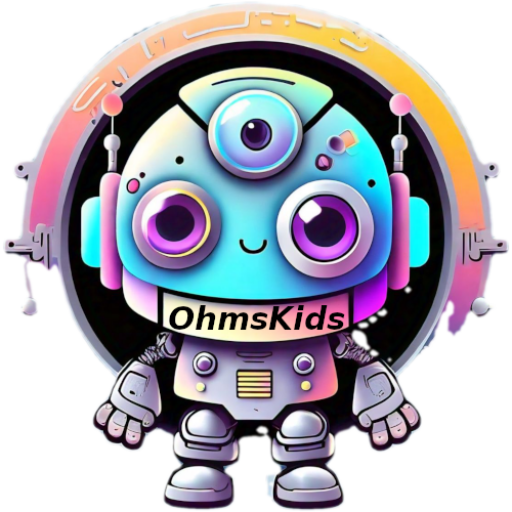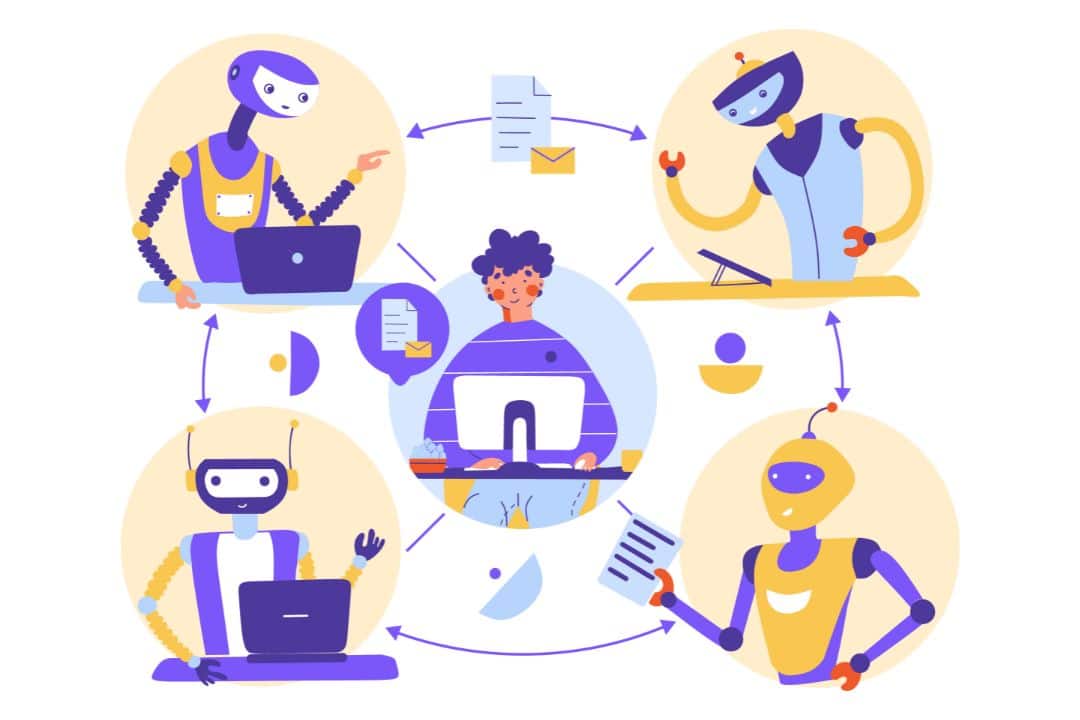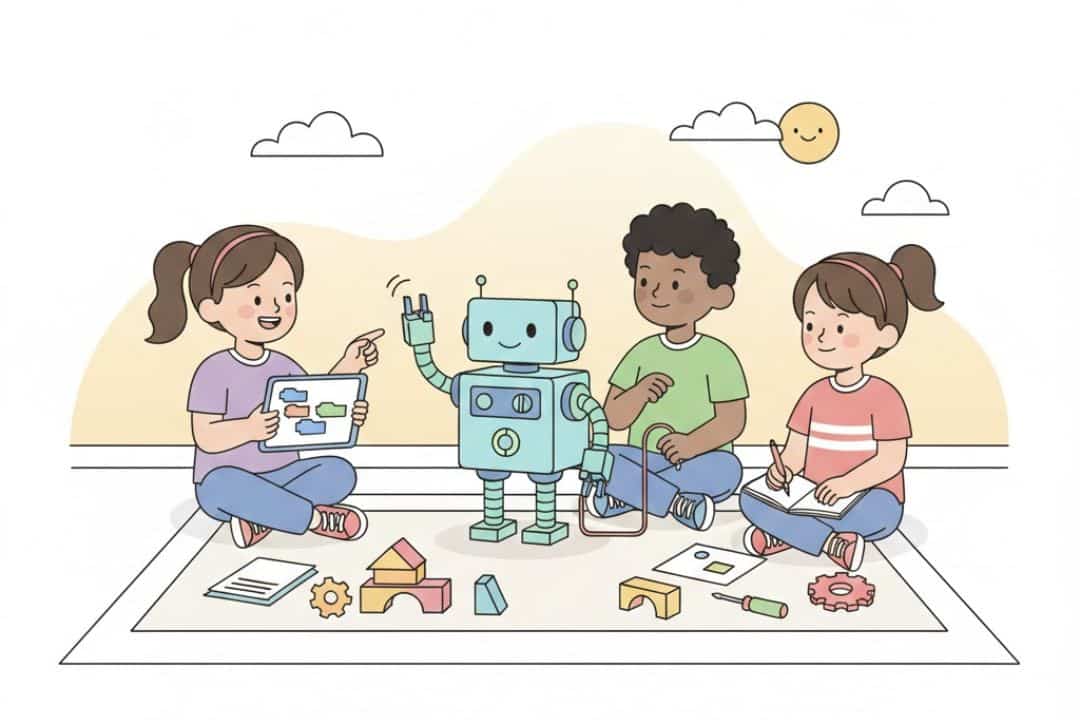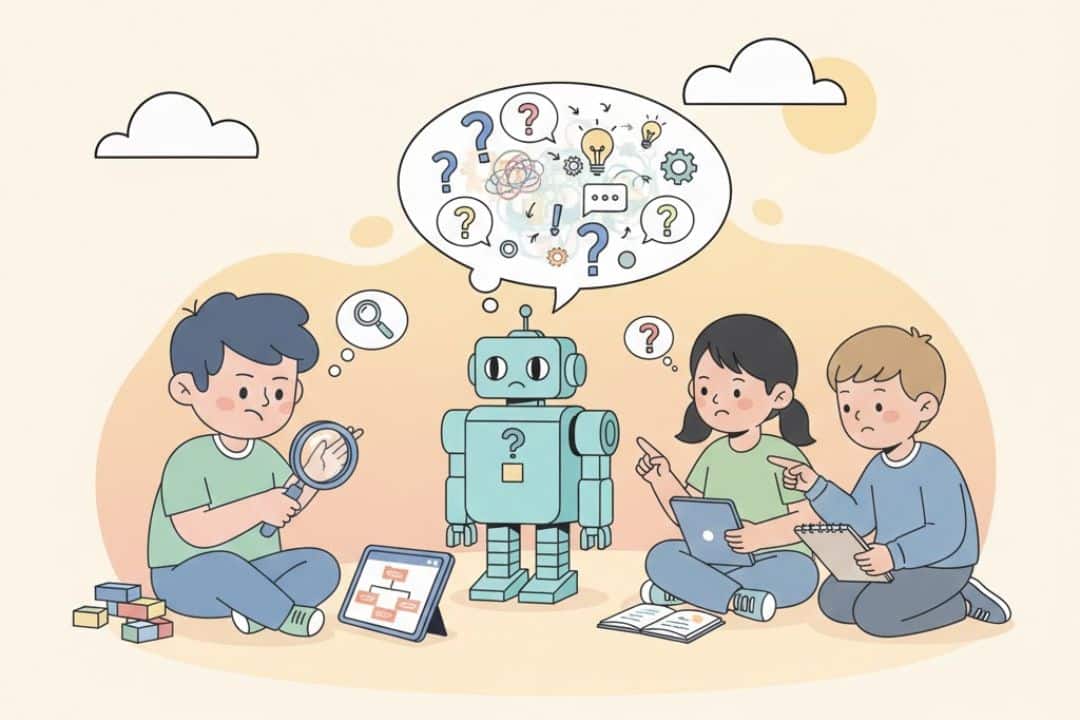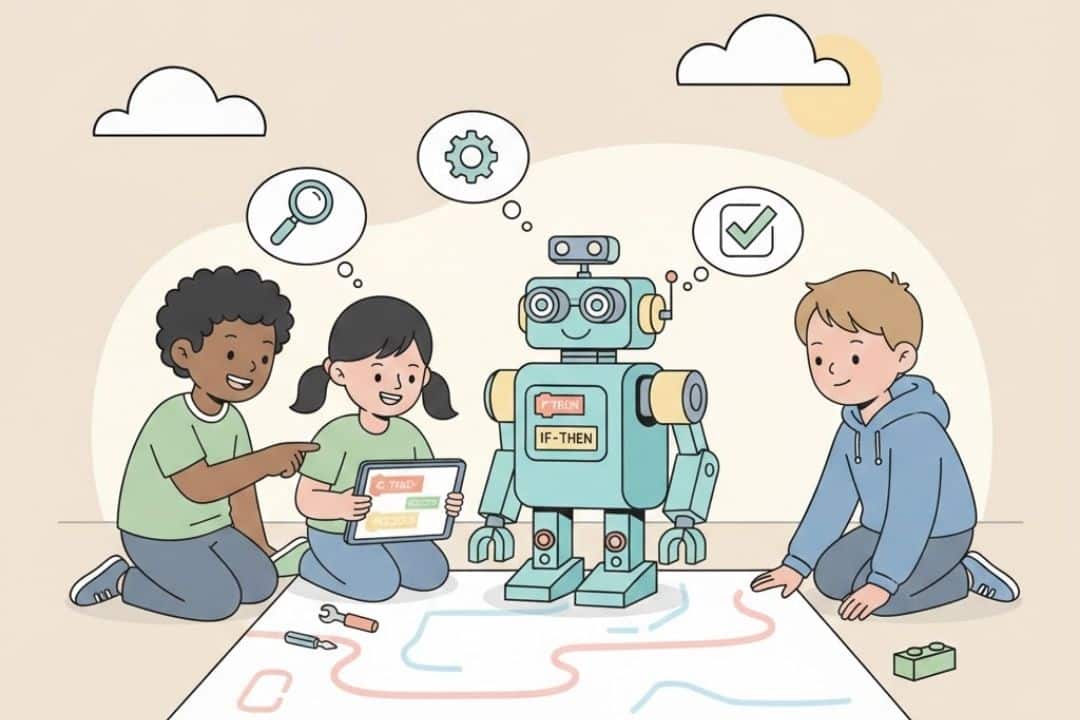Key Takeaways:
- Everyday machines, from elevators to microwaves, work like tiny robots
- Coding concepts explain the logic behind daily technology
- Robotics classes let kids recreate and improve real-life tech
- OhmsKids Singapore nurtures critical thinking and future-ready skills
Look around your home—there’s more technology at work than you might realize. The washing machine that runs on a timer, the coffee machine that brews with the press of a button, or even the elevator that knows when to stop on each floor—all of these are essentially tiny robots. They sense, process, and act, just like the robots your child can build and program at OhmsKids Singapore.
By helping kids see the world this way, we turn everyday objects into powerful learning opportunities. When children understand that the technology around them isn’t “magic,” but systems made of sensors, coding, and logic, they begin to think critically about how things work—and how they can create new solutions of their own.
In our coding classes for kids, we introduce concepts like sequencing, loops, and conditional logic, which are the same building blocks that make those tiny robots in our daily lives function. For example, the way a microwave stops when you open its door is just like an “if–then” statement in coding: if the door opens, then stop cooking.
Our robotics workshops take this understanding further. Using LEGO-based robotics kits, kids can build their own versions of “everyday robots,” like automated cars or smart machines. This hands-on experience shows them that they don’t just have to use technology—they can create it.
More importantly, these activities strengthen critical thinking. Kids learn to ask questions: Why does this machine behave this way? What’s happening inside it? Could I make it better? This curiosity is exactly what prepares them for future careers in science, engineering, and beyond.
At OhmsKids Singapore, we believe that by connecting real-life examples to coding and robotics, kids develop a sense of ownership over the technology they use daily. Instead of being passive consumers, they become curious problem-solvers and future innovators.
Want your child to see the world differently? Explore more on our blogs and discover how play, coding, and robotics shape curious young minds. Ready to begin the journey? Join Now and give your child the tools to become a creator of tomorrow.
